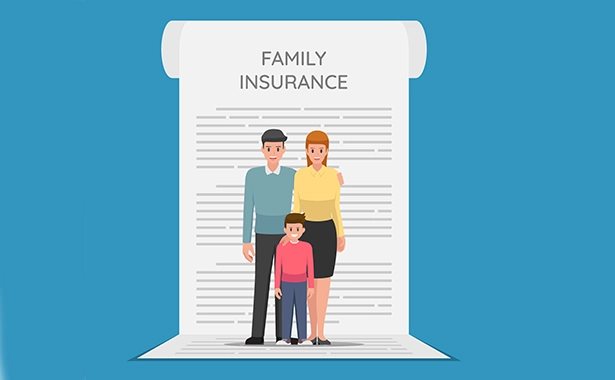Guardian as litem
A “guardian ad litem” often referred to as GAL, is a person appointed by a court to represent the best interests of a child or incapacitated adult in a legal proceeding. The term “ad litem” comes from the Latin language and means “for the lawsuit” or “for the case”. This indicates that the guardian’s role is temporary and specifically for the duration of the legal proceedings.
Here are some key points regarding guardians ad litem:
Role: The primary role of a guardian ad litem is to advocate for the best interests of the individual they are appointed to represent. This is particularly important in cases involving child custody disputes, abuse or neglect allegations, or situations where an incapacitated adult cannot make decisions on their own.
Investigation: Guardians ad litem often conduct investigations to gather information about the circumstances and needs of the individual they represent. They may interview the child or incapacitated adult, talk to relevant parties (such as parents, caregivers, teachers, or medical professionals), and review relevant documents.
Recommendations: Based on their investigation, a GAL will make recommendations to the court about what they believe is in the best interests of the child or incapacitated adult. These recommendations can include custody arrangements, visitation rights, living situations, and other relevant issues.
Court Appearances: Guardians ad litem may also appear in court to present their findings and recommendations to the judge. They may be called upon to testify and provide information that helps the court make informed decisions.
Impartiality: Guardians ad litem are expected to remain impartial and objective. Their primary duty is to the best interests of the child or incapacitated adult, rather than advocating for one party or another.
Appointment: GALs are typically appointed by the court, and their qualifications and training requirements may vary by jurisdiction. They are often attorneys, social workers, or other professionals with expertise in child and family law.
Termination: Once the legal proceedings are concluded, the role of the guardian ad litem typically ends unless there are ongoing issues or new legal matters arise that require their involvement.
It’s important to understand that the duties and obligations of guardians ad litem may differ from one jurisdiction to another. Typically, judges appoint them when there are concerns surrounding the welfare of a child or an incapacitated adult involved in a legal case. Guardians ad litem help guarantee that the court makes decisions that prioritize the best interests and well-being of those individuals.



